Dec 24 (V7N) - El Salvador's Congress has approved a bill to overturn the country's landmark 2017 ban on metal mining, sparking environmental protests. The decision, championed by President Nayib Bukele, reverses a policy that protected against potential pollution from chemicals like mercury and cyanide.
The bill passed with overwhelming support from the ruling-party-dominated legislature, despite fears that mining could contaminate the Lempa River, a critical water source for 70% of the capital region's population. Activist Vidalina Morales condemned the move, warning of its environmental and human costs.
Bukele argued the change could unlock vast gold reserves, claiming the country has "potentially" the highest gold deposits per square kilometer globally. He emphasized that state-controlled operations and restrictions, such as a ban on mercury, would ensure "responsible" resource exploitation.
The law allows mining to be conducted only by state-owned entities or public-private ventures, excluding protected areas or vital water sources. However, a recent survey by Central American University revealed that 59% of Salvadorans oppose metal mining, reflecting widespread skepticism.
While Bukele hopes mining will boost El Salvador's struggling economy, critics fear it will deepen environmental and social challenges in a country where 27% live in poverty and 70% work in informal jobs. Neighboring countries like Costa Rica and Honduras maintain mining bans, emphasizing regional concerns over its impact.
END/WD/RH



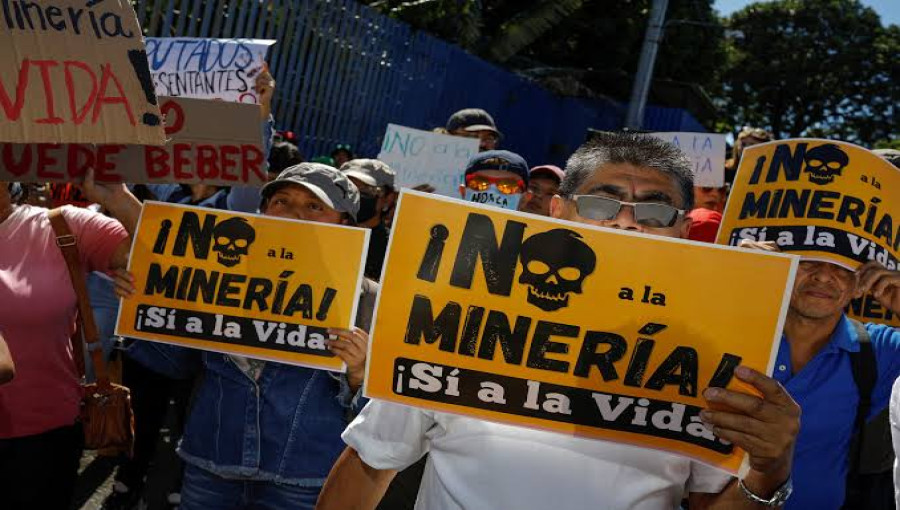
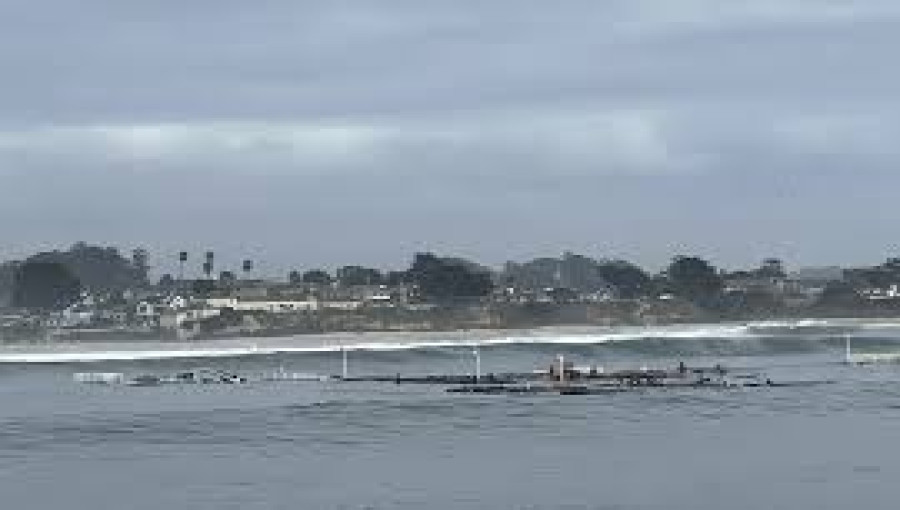



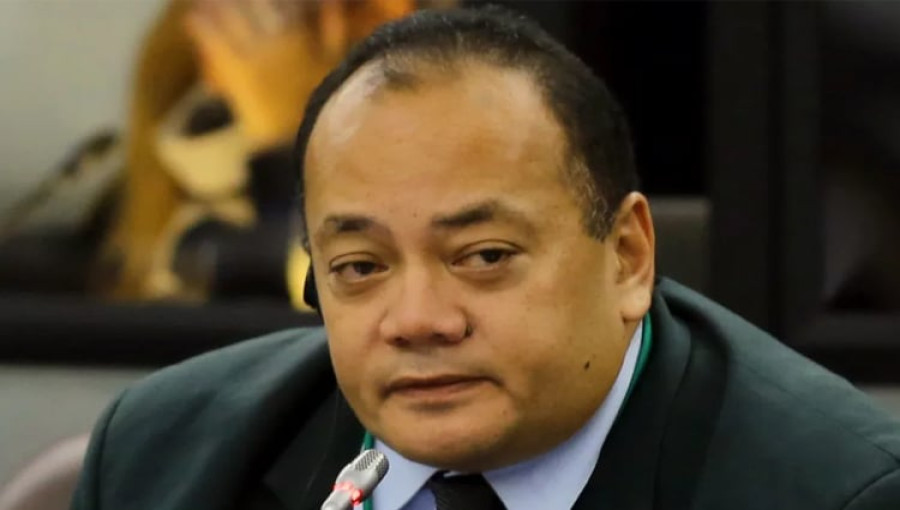


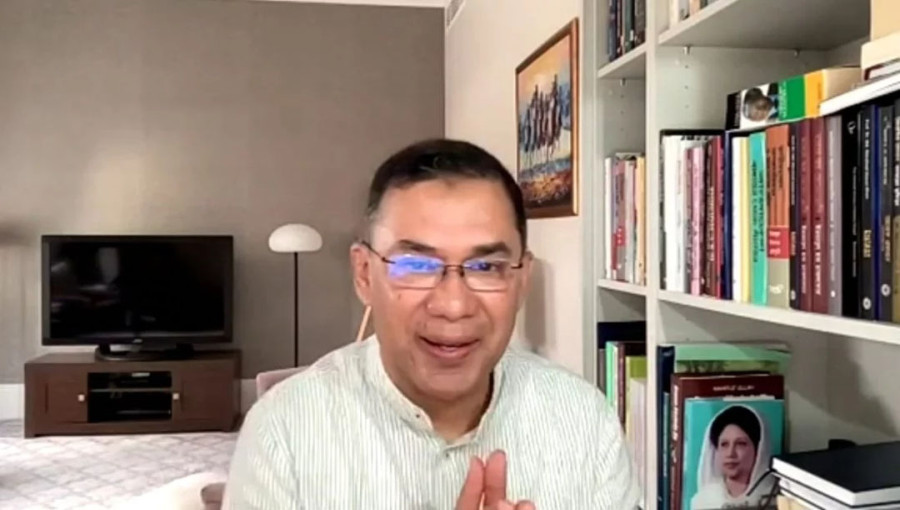



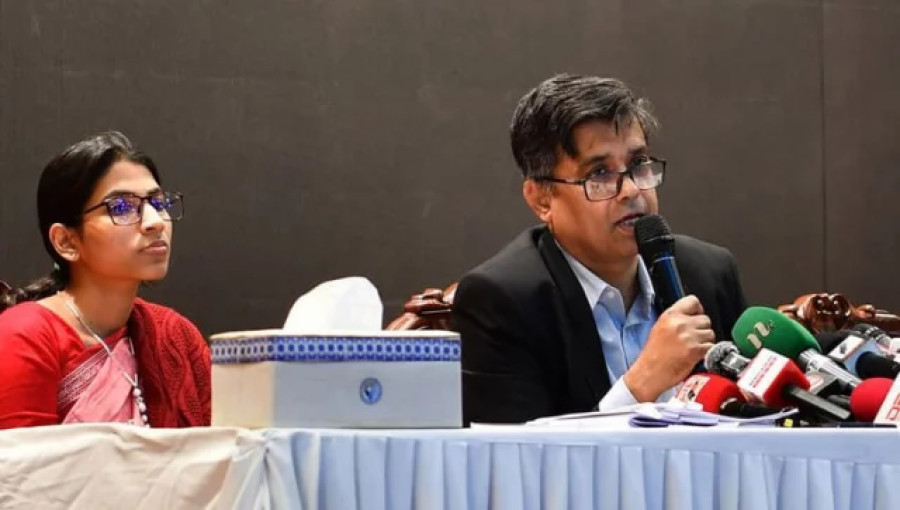


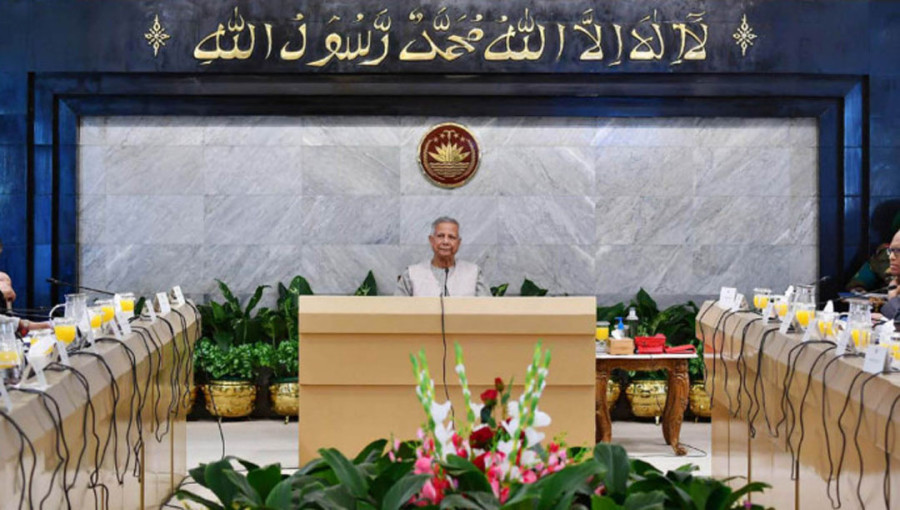


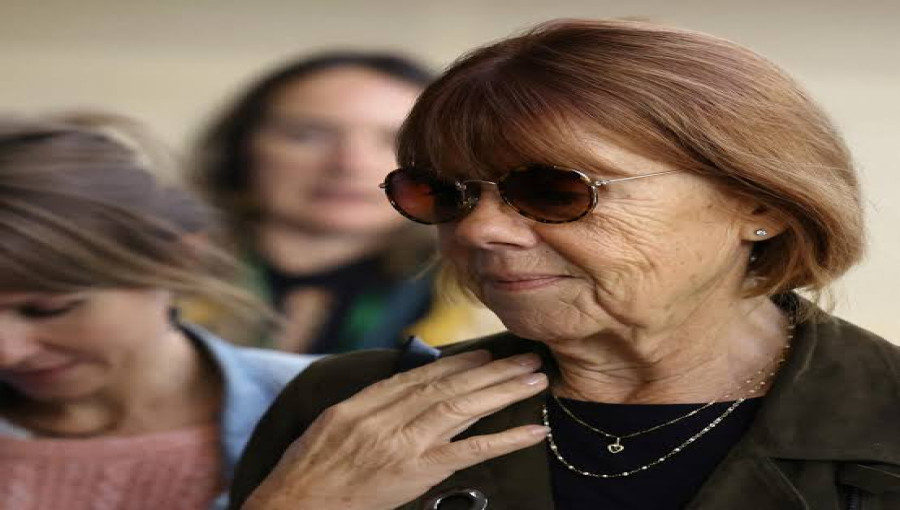





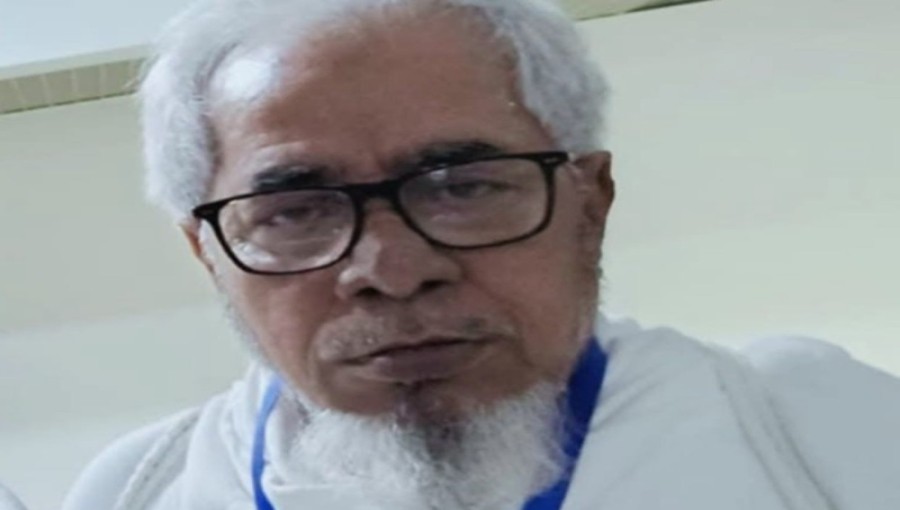

Comment: